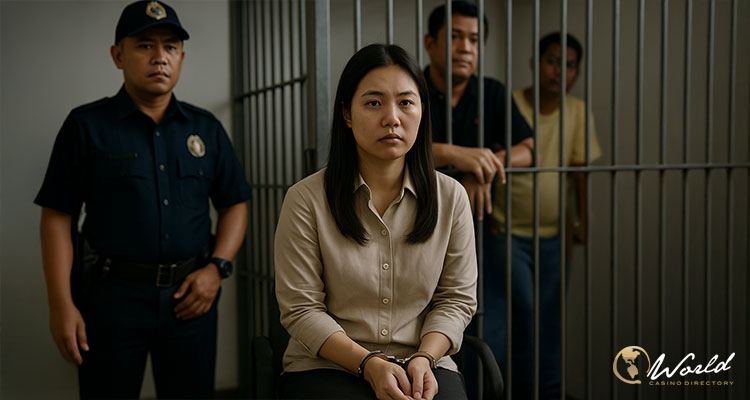The long-running case involving former Bamban mayor Alice Guo reached a turning point after a Philippine trial court sentenced her to life imprisonment for human trafficking. Authorities said the verdict closed a chapter that has dominated public attention for years, stemming from allegations linking Guo to sprawling scam networks disguised as online gaming operations.
Guo had risen to public office in Bamban, an agricultural municipality north of Manila, identifying herself as a Filipino citizen. Law enforcement later stated she was a Chinese national named Guo Hua Ping, a revelation that fueled deeper questions during the subsequent investigations. Her legal team did not issue an immediate response after the decision, though Guo has consistently denied involvement in criminal activities and has maintained that she is a natural-born Philippine citizen.
Court Findings and Scale of the Scam Operations
The ruling came from the Pasig Regional Trial Court, which found Guo and seven other individuals guilty of serious trafficking crimes. They were all sentenced to life imprisonment, while Guo and three co-accused were additionally ordered to pay Php2 million in reparations. The convictions followed extensive probes into illegal offshore gaming compounds that authorities said had operated under the guise of Philippine Offshore Gaming Operators (POGOs).
Investigations revealed the vastness of the criminal setup. According to the Presidential Anti-Organised Crime Commission (PAOCC), a raid in March 2024 exposed a 36-building scam hub covering almost 10 hectares, occupied by hundreds of trafficked workers, many of them foreign nationals. Evidence collected by investigators indicated activities including human trafficking, cryptocurrency fraud, “pig-butchering” scams, illegal online gaming operations, money laundering, and other forms of exploitation.
As Reuters reports, the PAOCC called the judgment a defining milestone, stating, “This eagerly awaited ruling is not only a legal victory but also a moral one. It delivers justice to victims, reaffirms the government’s united stance against organised crime.” In a separate statement, the commission added, “The court’s promulgation on 20 November 2025 makes clear that Guo’s power, wealth and public persona were built entirely on human trafficking, online scam operations and a fabricated identity.”
The court also ordered the forfeiture of the 7.9-hectare BAOFU Land Development Inc compound, valued at Php3.9 billion, where illegal activities were found to have taken place.
A Case That Captivated the Nation
Guo’s case gained national attention amid worsening tensions between the Philippines and China, with suspicions about foreign-backed interference influencing public discourse. Senate hearings intensified the focus on Guo after she initially refused to appear, resulting in a contempt order. She later fled the country before being arrested in Indonesia and deported to the Philippines in September 2024. Her Philippine passport was cancelled following her capture.
Further Senate investigations uncovered discrepancies in her background. Lawmakers found that her fingerprints matched those of a Chinese national and confirmed that the land where the facility was built had previously been under her ownership. The Ombudsman removed her from office in August 2024 for grave misconduct, and she continues to face additional criminal cases, including graft and money laundering.
PAOCC Executive Director Undersecretary Benjamin Acorda Jr. remarked on the broader significance of the ruling, stating, “The Alice Guo case is a story of a nation that refused to be deceived, of institutions that stood firm and of victims whose voices now echo through every courtroom decision.” He added, “No empire built on fraud and exploitation can endure when a nation stands united in truth.”
While Guo has denied all accusations, the ruling reinforced calls for stronger enforcement against POGOs, which grew under the previous administration but have since come under tighter scrutiny and were eventually banned by President Ferdinand Marcos.


